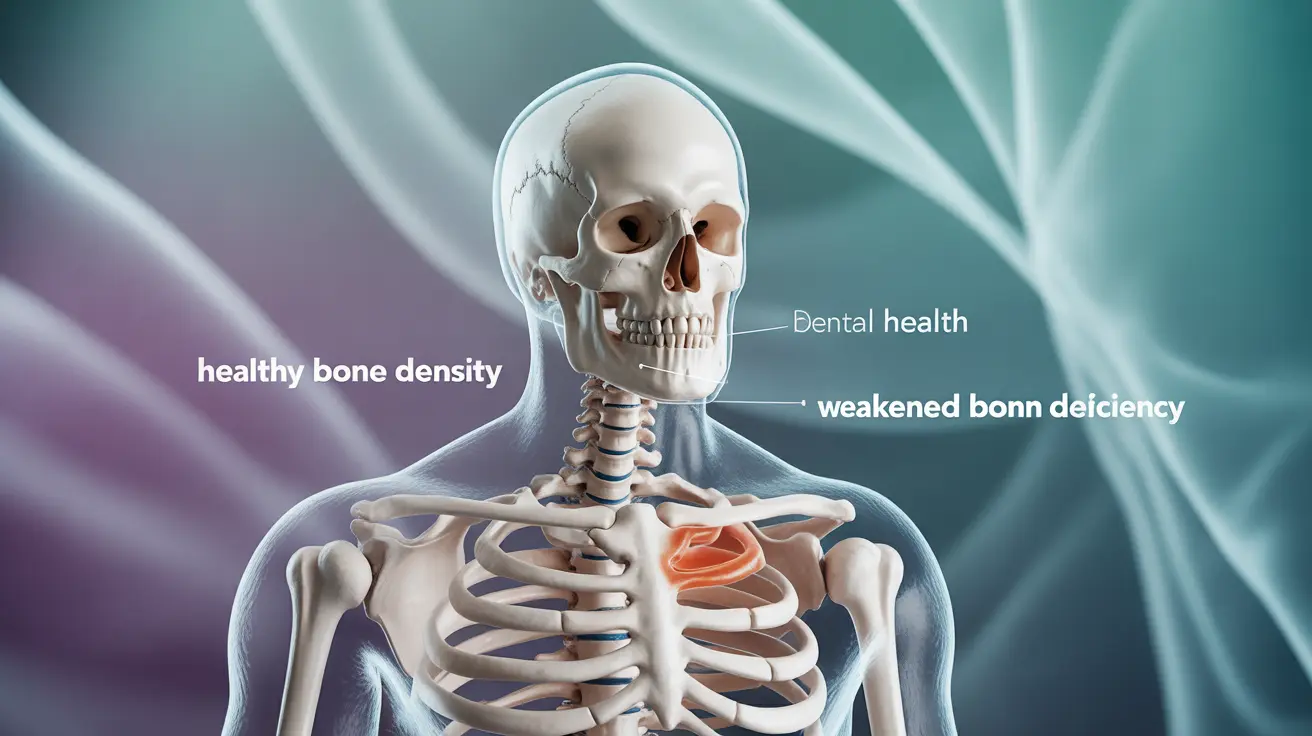Calcium deficiency is a significant health concern that can impact multiple body systems, particularly bone health and nerve function. When your body doesn't maintain adequate calcium levels, it can lead to various symptoms and health complications that may develop gradually over time. Understanding this condition is crucial for early detection and proper management.
This comprehensive guide explores the key aspects of calcium deficiency, including its symptoms, causes, diagnosis, and treatment options. Whether you're concerned about your calcium levels or want to prevent deficiency, this information will help you make informed decisions about your health.
Common Signs and Symptoms of Calcium Deficiency
Calcium deficiency can manifest through various symptoms, ranging from mild to severe. Early recognition of these signs is essential for timely intervention:
- Muscle cramps and spasms, particularly in the legs
- Numbness and tingling in the fingers and toes
- Fatigue and weakness
- Dry, rough skin
- Brittle nails
- Dental problems
- Depression and anxiety
- Difficulty sleeping
In more severe cases, calcium deficiency may lead to more serious symptoms such as seizures, heart problems, and weakened bones prone to fractures.
Risk Factors and Causes
Several factors can contribute to calcium deficiency:
Dietary Factors
- Insufficient calcium intake
- Poor absorption of calcium
- Vitamin D deficiency
- Following a strict vegan diet without proper supplementation
Medical Conditions
- Celiac disease
- Inflammatory bowel disease
- Kidney disease
- Pancreatitis
- Certain medications
High-Risk Groups
Some populations are more susceptible to calcium deficiency:
- Postmenopausal women
- Elderly individuals
- Pregnant women
- People with lactose intolerance
- Those taking certain medications like corticosteroids
Diagnosis and Testing
Healthcare providers use various methods to diagnose calcium deficiency:
Blood Tests
- Total calcium level measurement
- Ionized calcium test
- Vitamin D level assessment
- Parathyroid hormone testing
Additional Diagnostic Tools
- Bone density scans
- Urine calcium tests
- Physical examination
- Medical history review
Treatment and Management Strategies
Treating calcium deficiency typically involves a multi-faceted approach:
Dietary Modifications
- Increasing calcium-rich foods
- Adding vitamin D sources
- Proper meal planning
- Reducing factors that inhibit calcium absorption
Supplementation
Common supplement options include:
- Calcium carbonate
- Calcium citrate
- Combination calcium-vitamin D supplements
- Prescribed supplements based on deficiency severity
Lifestyle Changes
- Regular weight-bearing exercise
- Moderate sun exposure
- Limiting alcohol and caffeine intake
- Smoking cessation
Impact on Bone and Dental Health
Long-term calcium deficiency can significantly affect bone and dental health:
- Increased risk of osteoporosis
- Higher fracture risk
- Dental problems including tooth decay
- Weakened jaw bones
- Delayed healing of bone injuries
Frequently Asked Questions
What are the most common symptoms of calcium deficiency that I should watch for? The most common symptoms include muscle cramps, numbness in extremities, fatigue, weak nails, and dental problems. Severe cases may present with seizures, heart rhythm abnormalities, and increased bone fracture risk.
What causes calcium deficiency and which groups are at higher risk? Calcium deficiency can be caused by poor dietary intake, absorption issues, certain medical conditions, and medications. High-risk groups include postmenopausal women, elderly individuals, pregnant women, and those with digestive disorders.
How is calcium deficiency diagnosed and what tests are involved? Diagnosis typically involves blood tests to measure calcium levels, vitamin D testing, and bone density scans. Healthcare providers will also review medical history and conduct physical examinations.
What are the effective treatments and supplements for managing calcium deficiency? Treatment usually combines dietary changes, calcium supplementation (often with vitamin D), and lifestyle modifications. The specific approach depends on the severity and underlying causes of the deficiency.
How does calcium deficiency affect bone and dental health over time? Chronic calcium deficiency can lead to decreased bone density, increased risk of osteoporosis, dental problems, and higher susceptibility to fractures. It may also affect tooth strength and overall oral health.




